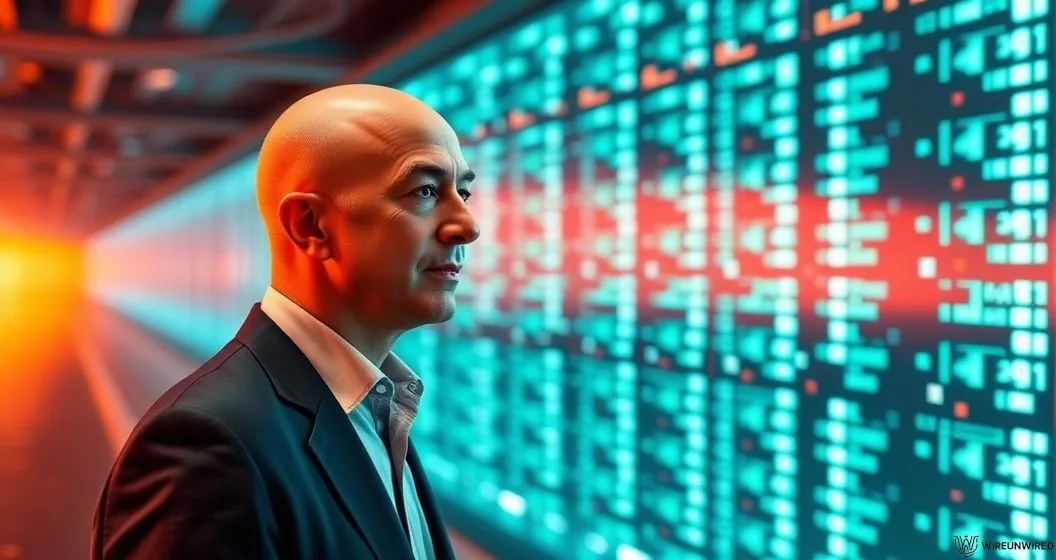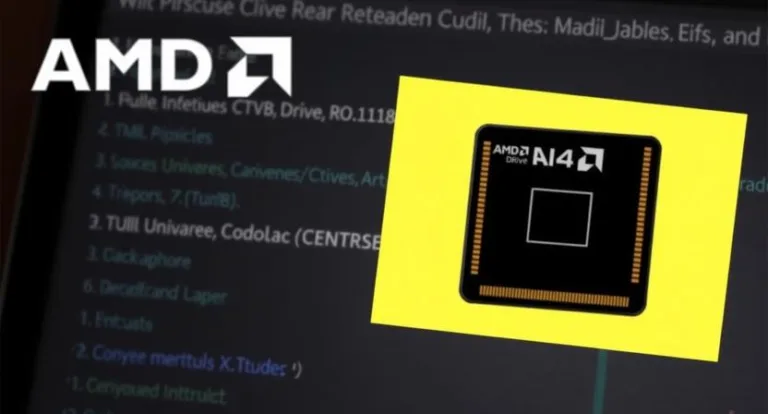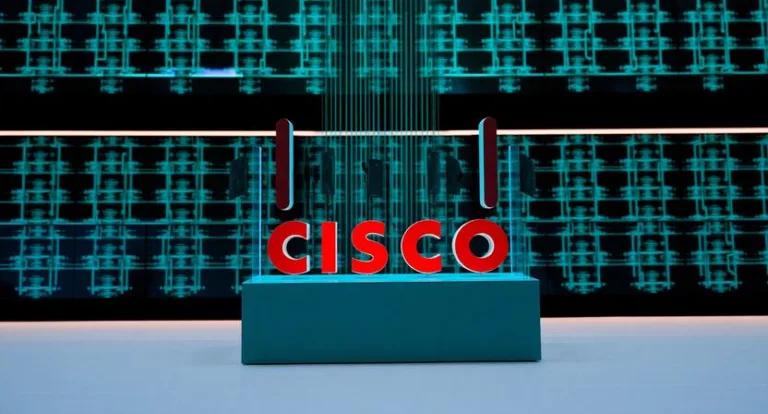Jeff Bezos, founder of Amazon and Blue Origin, made headlines on October 3, 2025, by forecasting a radical new era for cloud computing: gigawatt-scale data centers in space, fully powered by solar energy and managed autonomously by artificial intelligence and robotics. Speaking at Italian Tech Week in Turin during a public conversation with John Elkann, chairman of Ferrari and Stellantis, Bezos laid out his vision for the next 10 to 20 years—a vision that could fundamentally reshape how and where the world’s data is processed and stored.
The Vision: Data Centers Beyond Earth
Bezos argued that orbital data centers—massive facilities capable of handling gigawatts of power—could soon outperform their terrestrial counterparts. The key advantage? Uninterrupted, 24/7 access to solar energy and the complete absence of weather disruptions. This, he suggested, enables not just greater energy efficiency but also new opportunities for cooling and operational stability, sidestepping many of the challenges that plague Earth-based data facilities.
Read Also: US Attorneys General Probe Tech Giants Over Renewable Energy Claims and Grid Reliability Risks
“It’s only a matter of time before the economics tip in favor of space,” Bezos explained, highlighting the potential for energy and cooling arbitrage—essentially, using space’s unique environment to achieve what’s impossible on the ground.
AI, Robots, and the Next Infrastructure Revolution
Central to Bezos’s plan is the integration of artificial intelligence and robotics to autonomously manage these orbital data centers. With no need for human crews in hazardous environments, maintenance and scaling become more feasible. This technological leap, he argued, is what will make orbital infrastructure not just possible but practical.
Beyond Data: Orbital Habitats and Human Expansion
Bezos’s ambitions reach even further. He envisions a future where millions of people live in orbital habitats—human-made environments in space, supported by the same infrastructure powering cloud computing. This vision, he noted, stands in contrast to Elon Musk’s Mars colonization strategy, positioning orbital development as a rival paradigm for humanity’s future beyond Earth.
Read Also: Quantum Machines Unveils AQC25: Boston to Host Global Leaders in Adaptive Quantum Circuits
Excitement, Skepticism, and the Musk-Bezos Rivalry
The announcement quickly drew global attention. Coverage in regional and international outlets highlighted both excitement and skepticism, with experts debating the technological and logistical challenges involved in deploying and cooling gigawatt-scale data centers in orbit. The discussion has reignited the ongoing rivalry between Bezos and Musk, with industry watchers weighing the merits of orbital habitats versus planetary colonization.
As one technology analyst noted: “Space-based data centers could solve some of the biggest constraints facing cloud computing today, but the engineering hurdles remain enormous.”
Public reaction has been robust, though most of the dialogue remains within industry circles and news commentary, as major social media posts from company insiders or Bezos himself had yet to surface at the time of publication. For those eager to join the conversation and connect with fellow tech enthusiasts, our WireUnwired WhatsApp community is open for real-time discussion.
What’s Next?
Whether Bezos’s 10–20 year timeline proves realistic will depend on advances in space launch technology, AI-driven automation, and energy management. For now, his remarks have put orbital data centers firmly on the tech industry’s radar, inviting both optimism and critical scrutiny as the world watches for the next steps in this bold new race beyond Earth.
Discover more from WireUnwired Research
Subscribe to get the latest posts sent to your email.




